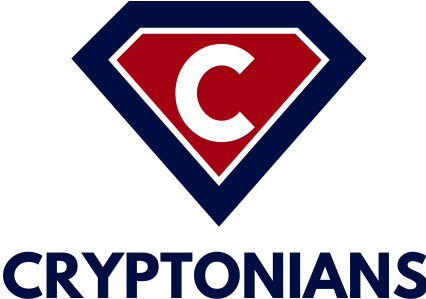Cointelegraph Consulting: A review of SushiSwap roll-outs

With SushiSwap growing in adoption through multi-chain strategy, data reveals signs of a fundamental shift for its major network.
Launched in August 2020 as a fork of the Uniswap decentralized exchange, SushiSwap briefly surpassed its competitor. Now ranking third behind Uniswap’s v3 and v2, the DEX rolls out numerous integrations with major networks beyond its native Ethereum blockchain to offer users a single entry point and lower fees.
The SushiSwap protocol is one of the largest proponents of a multi-chain future in decentralized finance as the DEX is already live on Ethereum, Binance Smart Chain, Polygon, Avalanche and Fantom. Data by Covalent provides insight on SushiSwap across these five chains.
Data reveals the most popular chain by the number of swaps executed daily is Polygon, as the protocol usage skyrocketed in May. Polygon continues to set new records as it hosted 120,000 swaps on SushiSwap recently.
Left far behind, Ethereum ranked second as of June 2021 by daily swap count. Fantom and Avalanche tend to follow the same trend as Ethereum, although the gaps among the three have been widening since the active trading days in late May. Avalanche and Fantom even outstripped Ethereum by the number of transactions on May 19, when a market-wide liquidation frenzy occurred.

A closer look at daily swap volume shows a different story. The dominance of Ethereum in SushiSwap had been unshakable for a long time, with the peak of trading volume at almost $3 billion on May 21. However, Polygon overtook Ethereum by swap volume in June with a $420-million mark, which highlighted the rapid take-off of the layer-two scalability solutions.
The reduction of transaction costs is the major driver behind the adoption of a multi-chain approach. SushiSwap has achieved this by offering options outside of Ethereum. Data on gas usage on Ethereum and other chains could not even be compared in one chart due to a dramatic difference in numbers.
Data from Covalent suggests that the use of SushiSwap on Ethereum peaked at $8.2 million in gas fees on May 19 across 27,000 swaps, with an average fee of $303. According to Glassnode, the average fees on Ethereum skyrocketed to more than $60 per transaction on that day, but they were still lower than the fees seen on SushiSwap powered by Ethereum.
The maximum fees on other chains were staggeringly different from the fees on Ethereum, with Polygon consuming $2,500 in one day across 102,000 swaps this June.

For the latest news, market signals and fundraising activity wrap-up, download the full issue of Cointelegraph Consulting’s bi-weekly newsletter.
Cointelegraph’s Market Insights Newsletter shares our knowledge on the fundamentals that move the digital asset market. With market intelligence from one of the industry’s leading analytics providers, Covalent, the newsletter dives into the latest data on social media sentiment, on-chain metrics and derivatives.
We also review the industry’s most important news, including mergers and acquisitions, changes in the regulatory landscape, and enterprise blockchain integrations. Sign up now to be the first to receive these insights. All past editions of Market Insights are also available on Cointelegraph.com.

